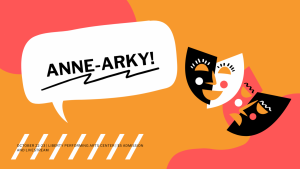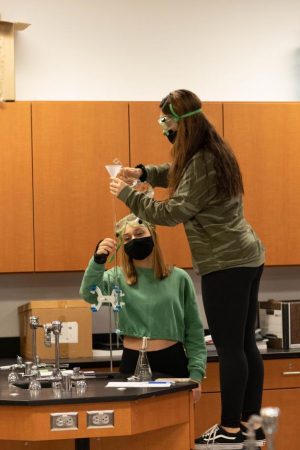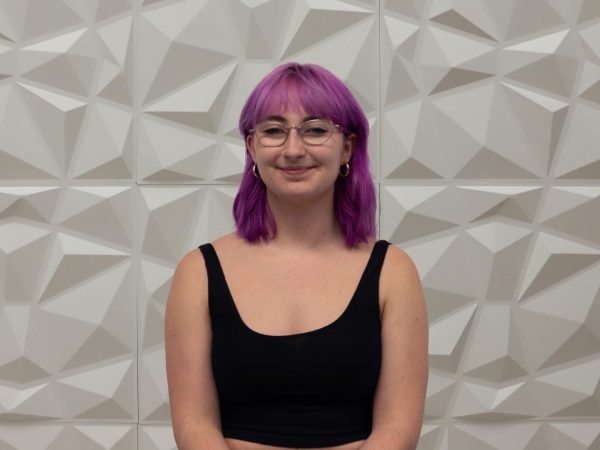Should We Start Getting Into Politics At A Younger Age?
Two social studies teachers share their thoughts on youth involvement in politics
Young people are getting more and more involved in politics, especially protests.
November 3, 2020
Nowadays younger people are starting to get more and more involved in politics, but what will come of that? Is there a line they shouldn’t cross? Two LHS social studies teachers Mr. Walterbach and Mr. D’Antonio offer their opinions.
Mr. Walterbach
Should young people get into politics?
“I think the more aware you are and the more aware of issues and policies and all that stuff is going to help when you turn 18, and hopefully you can think for yourself and come up with your own conclusions.”
If they do start getting into politics, how much should they get involved in?
As much as they’re comfortable with. “Find something that is meaningful to you,” Walterbach says. Find facts, read about policies you might agree with/disagree with, have meaningful conversations.
What do you think would be the best way to go about finding information?
“You’ve got to find a balanced approach and find some neutral media outlets or websites.”
Do you think there’s a certain age range that would be reasonable to start getting into politics?
No, not really. Everyone’s different.
“I feel like if you feel like you’re mature enough to handle the conversations and to look at the issues objectively then I don’t think there’s an age. It’s whatever interests you.”
Do you think that the (political) learning experience is different based on age?
Yes. “The more experiences you have in life, the more you learn. Maybe I’ve experienced different things that other people have not, just through my life experiences.” Some younger people are influenced by their parents, they don’t really look into it themselves so they just go along with their parents. “Some parents might feel kind of offended if their son or daughter believed something different.”
Is there any benefit to learning about politics at a younger age?
“To prepare you in life or to find something that interests you.”
Mr. D’Antonio
Should young people get into politics?
Yes, absolutely. “I think that it’s more important that young people are more aware of it than older people, but unfortunately that’s kind of reversed in our society.” He thinks it’s more important because older voters won’t have to deal with the implications and policies nearly as long as younger voters would. “They’re making policy decisions for people that are much younger than them and that is, unfortunately, I think not ideal because the way people envision stuff in a younger generation tends to be much different than the older generation envisions the way things should be.”
He believes that a lot of people aren’t open to change because of this. “What’s really plaguing our society I think currently is that people don’t take the time to really look into issues, they have their sources that they trust and a large part of that population those sources are people that have similar belief systems. They reinforce what we already believe and that is not good. It doesn’t allow us to be open to ideas that maybe our way of thinking isn’t necessarily the way it really is.”
If they do start getting into politics, how much should they get involved in?
That’s up to each individual person. He says that even if you can’t vote, you can still be very involved in the political process. You can volunteer in campaign offices and you can help people get out to vote. “You can certainly help candidates win based on your level of involvement that you want and at the very least you just becoming an informed person yourself allows you to have educated discussions with other individuals.”
What do you think would be the best way to go about finding information?
You can start with sources that you’re familiar with. For young people that would be social media. When you hear about something (whether or not if you are in support of it or against it), verify it. If you find a story somewhere and can’t find it anywhere else, it’s probably not reliable.
Do you think there’s a certain age range that would be reasonable to start getting into politics?
You can get involved whenever you want. At the very minimum, he hopes that people would start looking into at about 17 because they’re getting ready to be eligible voters.
Do you think that the (political) learning experience is different based on age?
He says yes, mainly because of the sources used. Many adults watch the news, while a lot of younger people probably don’t. “You’re clearly going to be getting information from a lot of different sources, and thus your education on the topics.”
Is there any benefit to learning about politics at a younger age?
Yes. “The benefit is that you become more aware.”













